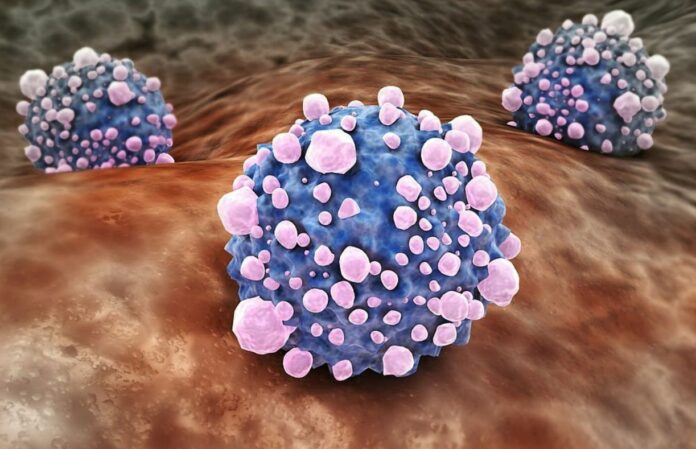In the realm of cancer treatment, immunotherapy has emerged as a game-changing approach in recent years. By spurring the immune system to recognize and attack cancerous cells, this innovative therapy has proved to be a potent weapon in the fight against various forms of cancer including melanoma, lung, kidney and liver cancers.
Unfortunately, the efficacy of immunotherapy against pancreatic cancer, one of the most lethal types of cancer, has been far less impressive, particularly for men who experience different outcomes than women.
How Sex Differences in Pancreatic Cancer Can be Explained?
Now, researchers at Karolinska Institutet may have uncovered a possible explanation for this gender disparity. Their study suggests that women with pancreatic cancer possess immune cells that impede the body’s immune response, ultimately hindering the effectiveness of immunotherapy. These findings could pave the way for a more tailored and gender-specific treatment approach to combat pancreatic cancer.
A collaborative study led by researchers at Karolinska Institutet in Sweden has investigated the underlying causes of sex-related differences in the immune response to pancreatic cancer. Previous research has already demonstrated that biological differences between the male and female immune systems have an impact on the growth of tumors and the body’s ability to defend itself against them. This latest study aimed to shed more light on this phenomenon.
According to the findings, a particular type of immune cell that exists exclusively in females acts as a safeguard for the tumor, preventing the immune system’s T cells from infiltrating and attacking cancer cells. This protective mechanism is absent in men with pancreatic cancer, indicating a potential gender-based difference in the way this deadly disease progresses.
“This sub-group of immune cells,” according to corresponding author Dhifaf Sarhan, “correlates with poor survival exclusively in female cancer patients.”
The findings “show that the immune cells express a specific protein called FPR2 and can serve both as a sex-specific prognostic factor and a therapeutic target.”
In this study, a variety of methods were utilized to investigate pancreatic cancer. These included single-cell RNA sequencing, proteomics, validation in both test tubes and patients, and the treatment of 3D pancreatic cancer models and mice.
“The next step is to follow up our new immunotherapy target for women,” adds Dr. Sarhan. “We’re also performing extensive analyses to understand how immunological sex differences drive tumour development in different ways in male and female cancer patients with the goal to find and develop immunotherapy targets for each group.”
Source: 10.1158/0008-5472.CAN-22-2932
Image Credit: Getty
